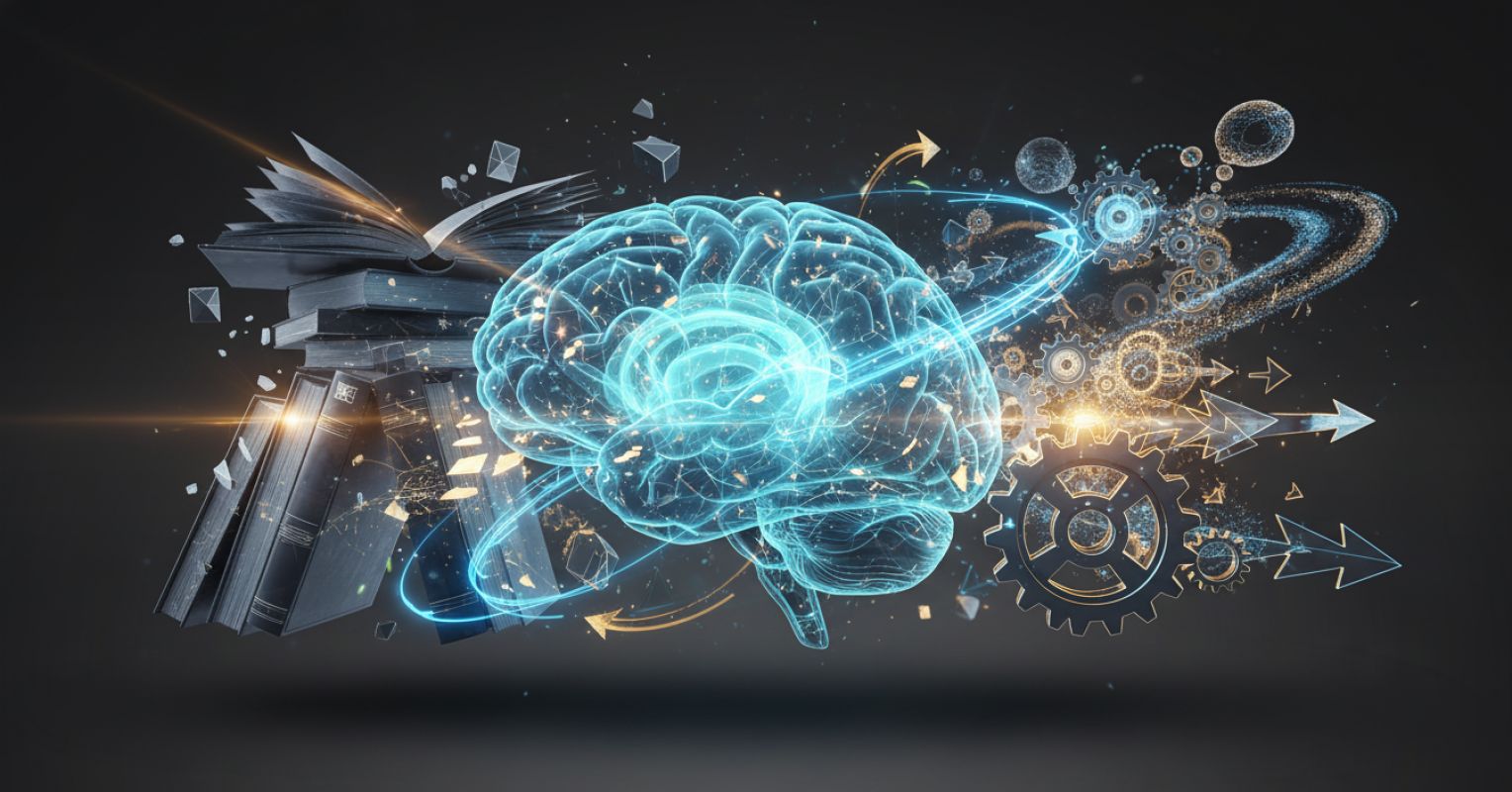
"The brain is lazy. Thinking is hard work! It prefers to be an autopilot. The brain constantly predicts what will happen next. It relies on past experiences, emotional context, and rapid pattern matching. This automatic system allows you to move efficiently through daily life, but it also suffers from blind spots and bias. It exaggerates recent experiences, underestimates uncertainty, and cannot evaluate whether its conclusions are accurate."
"Karl Friston, known for the Free Energy Principle, explains that the brain constantly tries to reduce surprise by updating its internal models of the world. He has explained, "The brain is always making inferences about what caused its sensations" (2010). When you question your assumptions, evaluate your confidence, or analyze how you interpret experiences, you are refining the internal models that guide your predictions."
The brain prefers automatic, predictive processing that uses past experience, emotional context, and pattern matching to guide behavior. This autopilot reduces surprise but creates blind spots, biases, and overconfidence. Metacognition provides a mechanism to step outside automatic thinking and refine internal models by questioning assumptions, evaluating confidence, and analyzing interpretations. Social practices such as explaining ideas aloud to oneself or others reveal gaps in understanding and strengthen memory. Active retrieval and teaching outperform passive review. Mindful observation of thoughts and emotions helps catch affective reactions before they hijack reasoning and supports clearer, more accurate predictions.
Read at Psychology Today
Unable to calculate read time
Collection
[
|
...
]